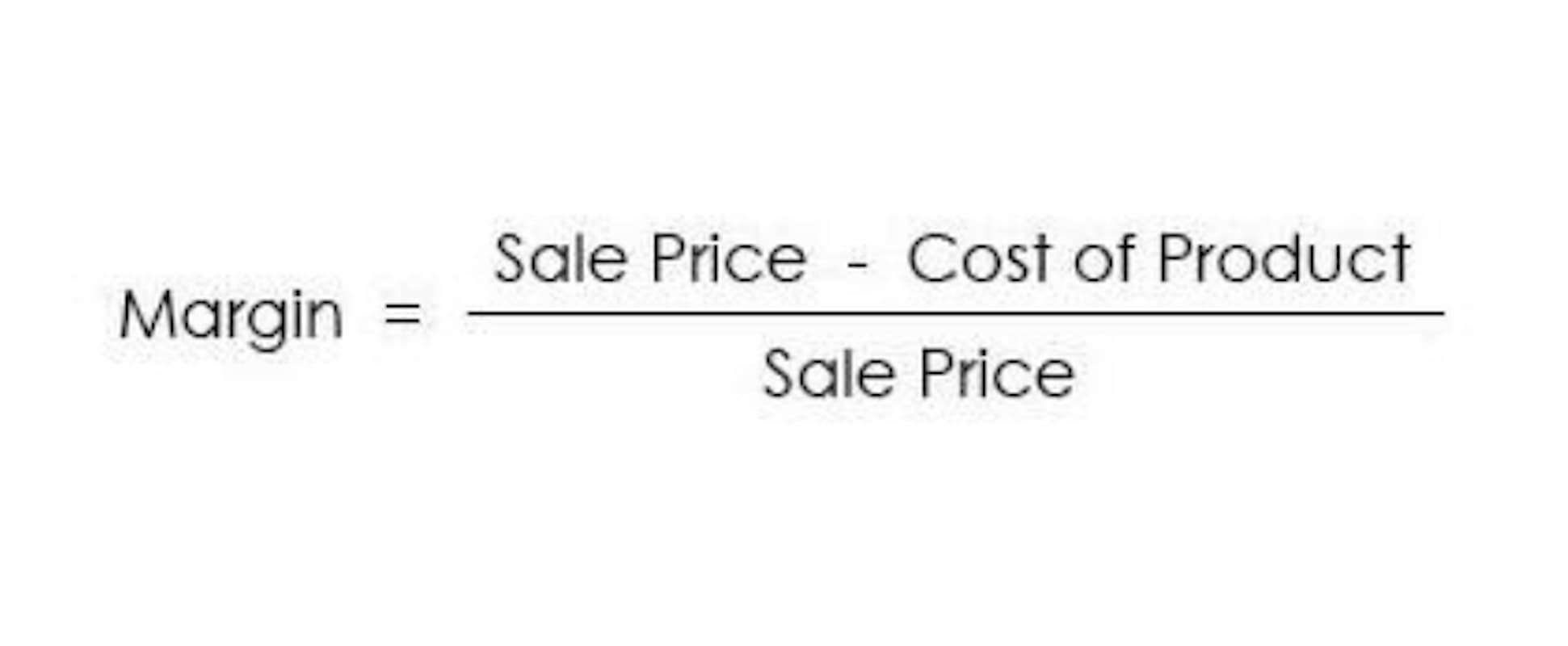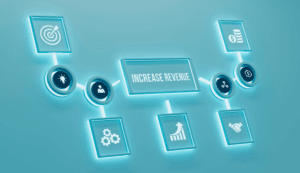Generally accepted accounting principles (GAAP) dictate the accrual basis, but many small businesses may nonetheless find it more cost-effective to utilize the much simpler cash basis. Each method identifies a different set of rules for recognizing revenues and expenses. While accrual accounting offers a more nuanced understanding of financial performance, it also requires more sophisticated tracking and reporting systems. Businesses must maintain detailed records of receivables and payables, which can be resource-intensive. This complexity can be daunting for small businesses or freelancers who may not have the resources to manage such detailed accounting practices. Cash-basis accounting is also known as cash receipts and disbursements or the cash method of accounting.
- However, it is not the payment of cash that triggers the recognition of the expense.
- Cash-basis or accrual-basis accounting are the most common methods for keeping track of revenue and expenses.
- ✅ Includes investment income, asset sales, or one-time gains/losses.✅ Also includes interest payments on loans and debts.✅ Businesses must balance non-operating income to avoid financial risks.
- Businesses using the accrual method to keep an accurate picture of accounts payable and receivable will maintain their ledgers according to the current status of a bill or invoice.
- Small businesses and freelancers often face the challenge of choosing an accounting method that best suits their financial needs.
The Downside to the Accrual Method of Accounting
Another principle of cash basis accounting is its alignment with actual cash flow. This method provides a real-time snapshot of a business’s financial health, as it reflects the actual cash available at any given moment. This can be particularly beneficial for businesses with tight cash flow, as it allows them to make more informed decisions about spending and investments based on the cash they have on hand. Small businesses and freelancers often face the challenge of choosing an accounting method that best suits their financial needs. Cash basis accounting, a straightforward approach, records revenues and expenses only when cash changes hands.
How much are you saving for retirement each month?
For instance, IRC Section 451 mandates that income is recognized when it is actually or constructively received. Businesses must maintain accurate records of cash transactions to substantiate the timing of income and expense recognition. Cash basis and accrual basis refer to two different methods for recording business transactions. While cash-based accounting records income and expenses when the transactions occur, accrual-based accounting records income and expenses when they are earned or incurred.
What are the key components of an income statement, and how do they impact financial analysis?
- On the other hand, accrual accounting records revenue and expenses when those transactions occur and before any money is received or paid out.
- Someone on our team will connect you with a financial professional in our network holding the correct designation and expertise.
- Unlike the accrual basis, which records transactions when they are incurred, cash basis accounting provides an immediate view of cash flow.
- Pratiiek Mavani is a seasoned professional in accountancy, taxation, audit, and finance, boasting over 16 years of industry expertise.
- Each section helps businesses analyze profitability, manage costs, and make strategic decisions.
- Therefore, the accrual-basis accounting method ultimately provides a greater overview of your business’s financial situation, taking far more into account than cash flow or cash on hand.
As a business owner, you want to choose the accounting method that’s right for your business. Selecting the wrong accounting method could mean paying more taxes, complicated accounting workflows, and less useful financial statements. It might also mean needing to change your accounting method down the line, which requires applying for a change in accounting method with the IRS and potentially restating your financial statements. In an accrual accounting system, income and expenses are recorded when they occur, regardless of whether or not there’s cash in the bank to support the transaction.
Do you own a business?
Cash basis accounting is typically not aligned with Generally Accepted Accounting Principles (GAAP), as GAAP requires accrual basis accounting. The adoption of cash basis bookkeeping aligns with specific regulatory frameworks and tax requirements. They must consistently use this method to report income and expenses unless formally changed. The cash method of accounting is marked by its simplicity and ease of understanding. This method is generally easier to maintain since it does not require the tracking of receivables or payables which can be more complex and time-consuming. Pratiiek Mavani is a seasoned professional in accountancy, taxation, audit, and finance, boasting over 16 years of industry expertise.
Companies with annual gross receipts of less than $26 million in any of the three preceding tax years may qualify for this method. When the service is finally performed or the sale is made, the revenue is then recognized, and the liability is decreased. Though the cash-basis accounting technique has advantages, there are notable setbacks. As a result, an investor might conclude that the HVAC Bookkeeping company is making a profit when, in reality, the company might be facing financial difficulties. Without these items in your statements, you might have difficulty keeping track of what you are owed and what you owe.
✅ Focuses on variable vs. fixed costs to analyze business profitability.✅ Used primarily for internal decision-making and cost control.✅ Helps companies determine breakeven points and optimize pricing strategies. We enjoy talking to business owners and self-employed professionals who are looking to get the most out of their accountant. You can visit us at any of our 409 locations, meet with us online through video call software, or talk to us by telephone. For businesses that have previously used the accruals basis, on the first set of accounts you’ll need to make some adjustments. This includes removing all the previous accounting adjustments that took place under accruals accounting.
- For instance, under accrual accounting, a business might recognize revenue from a sale as soon as the product is delivered or the service is performed, even if the customer has not yet paid.
- Cash and accrual accounting are two different accounting methods, so it’s good to know how each operates as you decide how to account for your business transactions.
- If the company receives an electric bill for $1,700, under the cash method, the amount is not recorded until the company actually pays the bill.
- Under the cash method of accounting, transactions are recorded when cash is received or paid.
- For instance, certain businesses cannot use cash-basis accounting because of the Tax Reform Act of 1986.
Supplementary disclosures or reconciliations to accrual basis figures may be necessary for a complete analysis of a online bookkeeping company’s financial health. Accrual accounting records income or expenses as soon as they are incurred, regardless of when payment is made or received, and this can provide a more accurate picture of the company’s financial health. An accrual-based system may better meet your needs if you have inventory, accounts payable, or need more detailed financial information. In both scenarios, cash basis accounting acknowledges revenue only when the cash is received.














